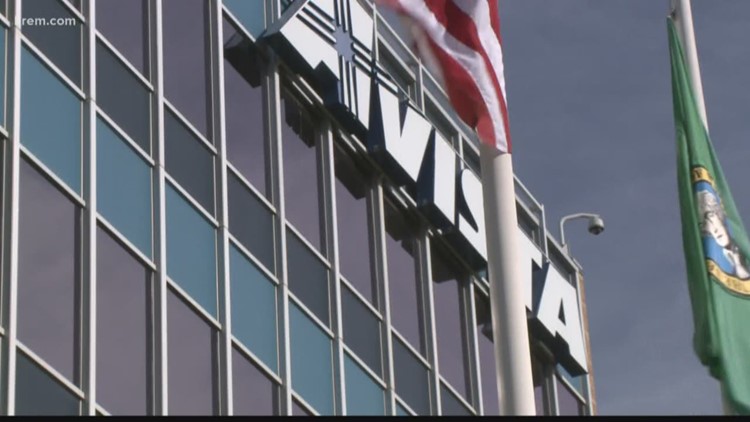SPOKANE, Wash. — This week, Avista proposed a rate hike amounting to roughly 10 percent increases in gas and electric bills for 2020.
Residential electric customers in Washington would see a rate increase of 9.8 percent in 2020 and another 3.7 percent in 2012.
Residential natural gas customers in Washington would see a rate increase of 10.4 percent in 2020 and 4.7 percent in 2021.
If approved, Avista would increase rates starting on April 1, 2020, and then again on April 1, 2021.
Before that can go into effect, though, it needs to get the OK from the Utilities and Transportation Commission.
Avista has not exactly gotten its way with UTC much in recent years. Most notably, the agency killed the company's merger with Toronto-based Hydro One.
The company tends to propose rate increases every 1-2 years. In between their full plan proposals, there are often a series of smaller adjustments related to new rate credits or the fluctuating price of global natural gas. Those adjustments usually amount to slight decreases.
But in terms of plans comparable to the one currently on the table, there have been about a half-dozen this decade. Here's a history of those proposals, and UTC's response to them. All percentages were rounded to the nearest whole number.
In 2011, Avista wanted to raise electric rates by about 9 percent and gas rates about 4. UTC approved smaller rate hikes, closer to 5 and 2 percent.
In 2012, the commission approved a 3 percent electric and 4 percent gas hike for 2013, followed by hikes of 3 and 1 percent for 2014.
In 2014, another plan was approved, with increases around 3 and 6 percent.
In 2016, Avista again asked to raise rates. But this time, UTC said yes to a 6 percent gas hike but no to an electric hike, instead demanding that Avista reduce electric rates by 1 percent.
Later that year, the UTC allowed a 3 percent electric increase.
At the end of 2016, another proposal: 8 percent increase for electric and 3 percent increase for gas. This one was rejected outright.
The most recent proposal: the 3-year plan brought forth in 2018.
This one was rejected by the commission and replaced with a one-year plan with 2 percent hikes across the board.



